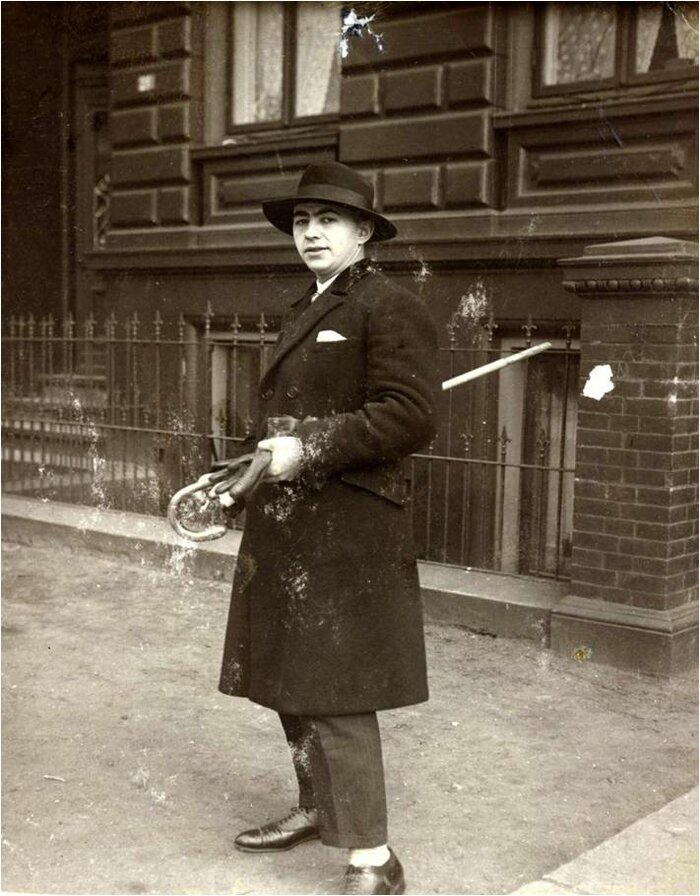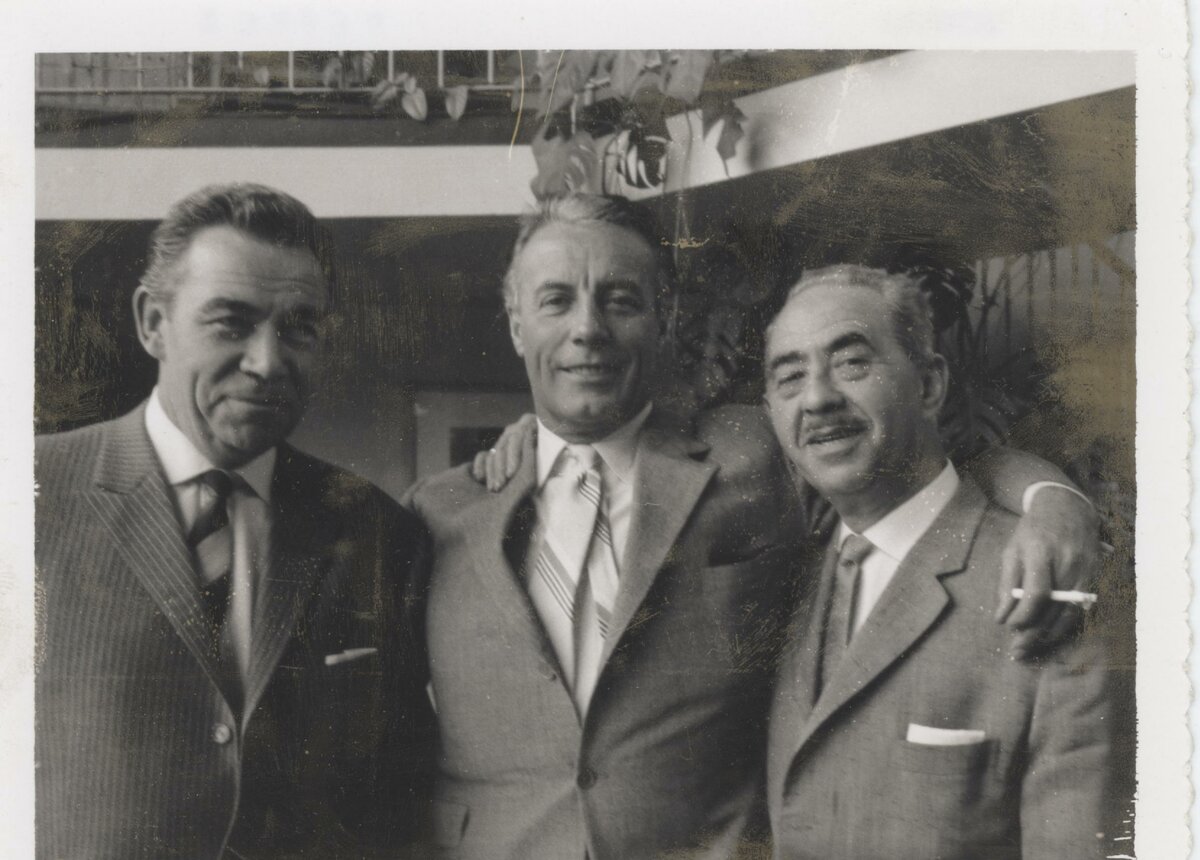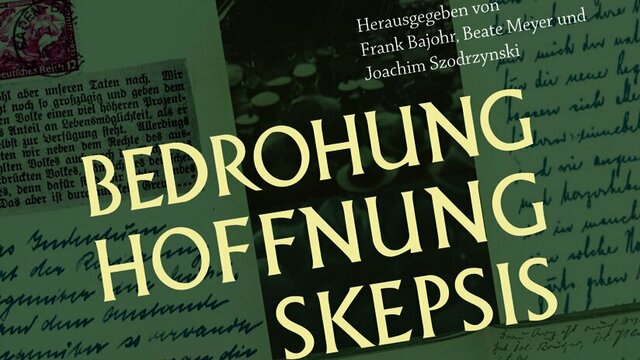Fritz Benscher, born in 1904, son of a Hamburg merchant family, Auschwitz survivor and well-known presenter, quizmaster, and cabaret artist at Bavarian Broadcasting Corporation (Bayerischer Rundfunk) as well as a television actor, had not yet been biographed. Interested parties had only been able to find out from relevant film encyclopedias about his artistic work, most of which took place far away from Hamburg after the war.
The project examined Benscher’s life story as the youngest son of the Hamburg leather manufacturer Gotthard Benscher, who lived well off in the Hanseatic City with his family of five until the 1930s. As early as 1933, the parents fled to Palestine; son Hugo left Hamburg as a stowaway during the November Pogrom of 1938, later reaching Shanghai via Oslo; son Siegfried followed his parents to Palestine on an illegal transport. Fritz Benscher was the only member of the family to remain in the Hanseatic City and he had to liquidate his parents’ company. He had previously worked as an actor in Hamburg and Berlin as well as at Northern Broadcasting Corporation (Nordische Rundfunk AG – NORAG). By this time, of necessity, he limited himself to engagements with the Jewish Cultural Association (Jüdischer Kulturbund). After the November Pogrom, he and the remaining Jewish youths trained as carpenters in an apprentice workshop of the Jewish Community and subsequently worked for the Community. In the early 1940s, he lived and worked as a coffin carpenter at the Jewish Cemetery. Fritz Benscher survived deportation to Theresienstadt, Auschwitz, and the period in the Dachau-Kaufering concentration camp. He accepted a position in Munich as senior director at Bayerischer Rundfunk. His broadcasts were characterized by reeducation. Unlike others, Benscher did not hide his origins and history: as a Jew, a leftist, a concentration camp survivor, and a Hamburg native in Bavaria, he repeatedly took a stand with inconvenient views, was banned from public speaking, but won a loyal and numerous following of listeners, and later, of TV viewers.
How did the well-known artist deal with his time of suffering after the war? To what extent did his audience know about it and how did they react when Benscher left the usual comedian role and spoke as a survivor? Did he get involved in/for the Jewish Community like Hans Rosenthal? How were the different lives and suffering of the three brothers communicated in the family? The project answers these and other questions, because Fritz Benscher – much to the appreciation of his audience – loved stories. He also took refuge in such stories when it came to his own biography.
The research project was completed in 2017 with the publication of Fritz Benscher. Ein Holocaust-Überlebender als Rundfunk und Fernsehstar in der Bundesrepublik, published by Wallstein Verlag (see https://www.wallstein-verlag.de/9783835330016-fritz-benscher.html).





